10 things that go wrong with serialisation projects (and how to avoid them)
April 1, 2015Agenda now published for 3C Integrity Serialisation Workshop 19/20 May 2015
April 28, 2015EU-FMD Delegated Act: The wait is nearly over
The European Commission has just published the notes from the 74th meeting of the Pharmaceutical Committee, held on 17th March 2015, that confirm that DG Sanco stands by the timeline that has been set out before:
“The Commission is now finalising the drafting of the delegated act, on the basis of the outcome of the impact assessment, and following extensive consultation of the Member State expert group on the delegated act on the safety features.
It is expected that the delegated act will be adopted – together with the relative impact assessment – by Q2 2015 and published in Q4 2015.” (p.3)
As we have commented before, these dates are key as the adoption, now confirmed to be before end of June 2015, will finalise the details of what compliance with the EU-FMD requirement means and will therefore remove all lingering doubts as to what all participants in the European medicines supply chain – in particular pharmaceutical manufacturers – need to implement.
Safety Features Delegated Act
The committee notes confirm key elements of what is described as the most cost-effective option that are largely as expected:
- Unique Identifier to be fully harmonised across the EU: 2D barcode containing 4 mandatory elements – 1) product code, 2) serialisation number, 3) batch number and 4) expiry date and – optionally – as a 5th element the national reimbursement number (if requested by Member States)
- Process: Medicine authenticity should be guaranteed by a systematical end-to-end verification system supplemented by risk-based verifications by wholesale distributors: “Medicines should be systematically verified before being dispensed to patients (e.g. at pharmacy level). Medicines at higher risk of falsification (returns or medicines not being distributed directly by manufacturers or marketing authorisation holders or wholesalers distributing on their behalf) should additionally be checked at wholesaler level.”
- Establishment and Operation of the Repository System: The repository containing the unique identifiers should be set up and managed by stakeholders (stakeholder’s model) with access and a supervisory role granted to National competent authorities.
The report also confirms that we should expect the formal publication of the Delegated Act in the Official Journal of the EU before the end of Q4 2015.
This is will set the tight 3-year implementation clock ticking for EU-FMD compliance and means that every pharma company supplying prescription drugs into the European Market will need to be fully EU-FMD compliant by the end of 2018.
Free Webinar: “10 things that go wrong with serialisation projects (and how to avoid them)”
Sign up for our free webinar on 10th April 2015:
Or if you want to go into more depth, check out one of our regular workshops:
3C International Pharma Serialisation Workshop
3C Integrity’s Pharma Serialisation workshops present the perfect opportunity to ensure your implementation program is set up for success.
These two-day seminars, grounded in years of practical experience, will address every aspect of a manufacturer’s readiness programme, including analysis of key legislative requirements, the full technology stack, vendor selection and management, compliance and CSV considerations and implementation planning.
Our fourth instalment of our acclaimed pharma serialisation workshop will be run on the 19th and 20th May in Weil am Rhein / Basel.
Sign up now to secure your place.
